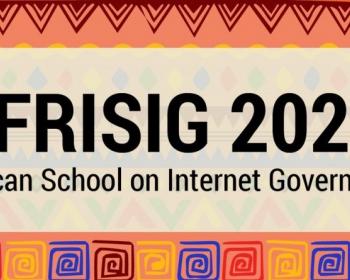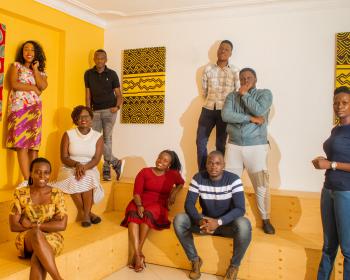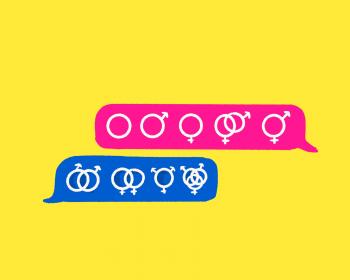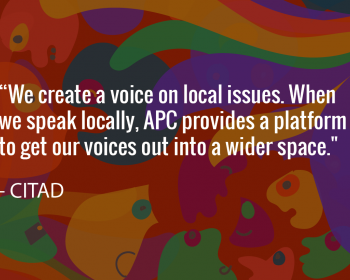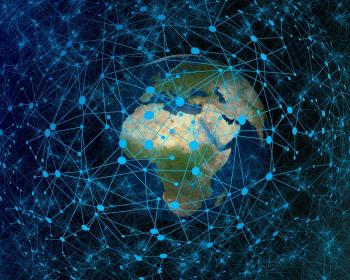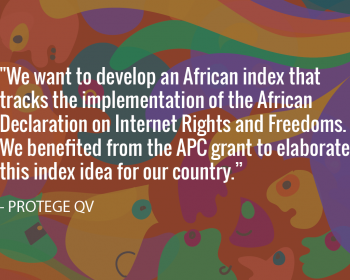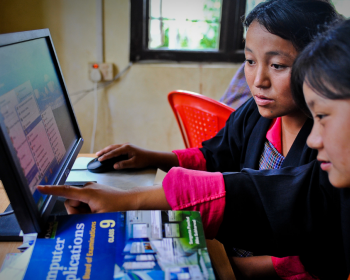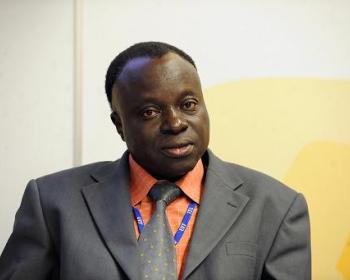Internet governance
APC, the African Union Commission and Research ICT Africa are pleased to open the call for the 2021 African School on Internet Governance (AfriSIG). This year’s edition will take the form of a two-week online programme between 4 and 19 October. The deadline for applications is 23 August.
Meet Pollicy, a Uganda-based feminist collective of technologists, data scientists, creatives and academics working at the intersection of data, design and technology and one of the newest additions to the APC member network.
APC and its partners are delighted to announce the upcoming “Internet Rules: Unboxing digital laws in Southeast Asia 2021” workshop, which will be held on a virtual platform from 20 to 24 September 2021. The deadline for applications has been extended until 23 July.
Last year, APC organised the Internet Rules: Unboxing Digital Laws in South Asia workshop. We are preparing a new chapter of this workshop, and we invite you to relive last year’s event through participants' shared vision for digital rights in South Asia.
How are APC members improving their communities’ lives? For CITAD, this has manifested in the development of numerous projects aimed at bridging digital divides and empowering local communities in Nigeria.
APC is joining a group of organisations in sending letters to regional groups of states at the UN concerning the elections at the Human Rights Council, containing civil society recommendations for ensuring a competitive process and minimum standards for states that want to be elected to the HRC.
Four African digital rights-centred networks have committed to increasing collaboration for the consolidation of their work and avoidance of duplication of activities while ensuring the full attainment and protection of digital rights at national, regional and global levels.
How are APC members improving their communities’ lives? APC subgranting has empowered Cameroon's PROTEGE QV to contribute to the development of the African Declaration on Internet Rights and Freedoms, amplifying digital rights advocacy efforts across the continent.
We call on governments, industry, multilateral institutions, civil society and international financial institutions to close the digital divide by putting people at the centre of our approach to achieving meaningful connectivity for everyone.
The community of the African School on Internet Governance (AfriSIG) has lost a mentor and trainer following the death of faculty member Makane Faye in a road traffic accident in Senegal on Friday, 26 March 2021, while he was travelling to Dakar from the holy city of Touba.

Association for Progressive Communications (APC) 2022
Unless otherwise stated, content on the APC website is licensed under Creative Commons Attribution 4.0 International (CC BY 4.0)



